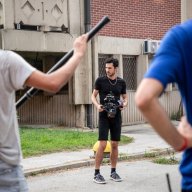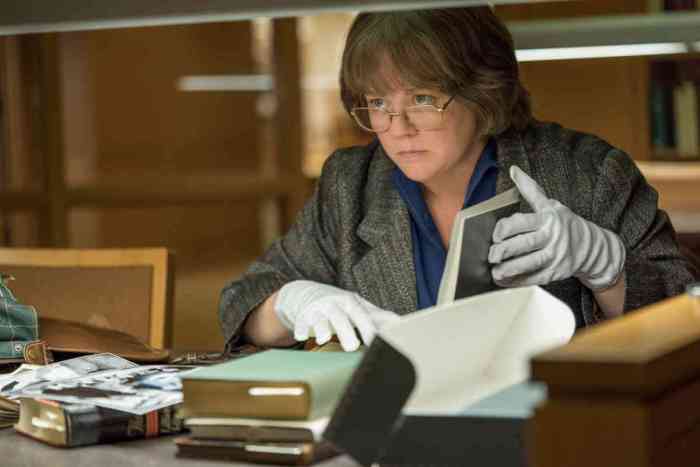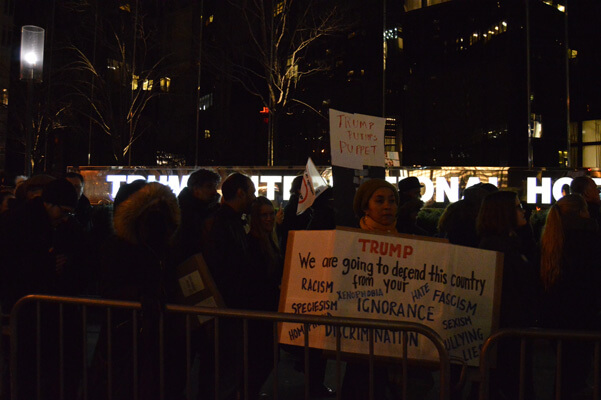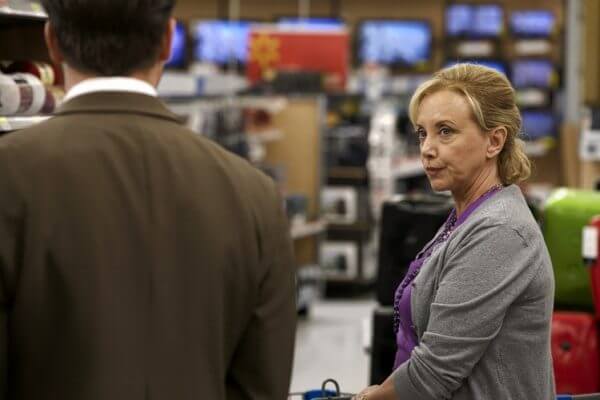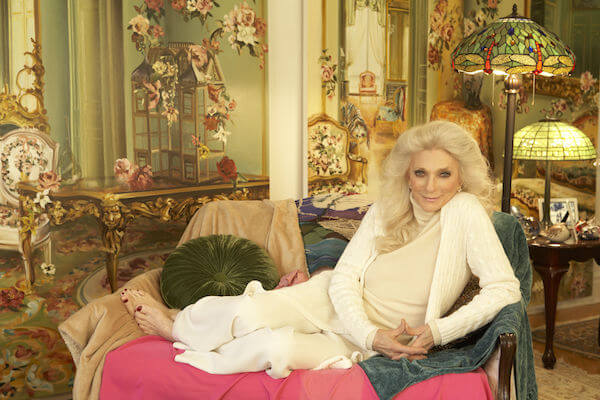Tom McCarthy’s “Spotlight” is the kind of film that’s likely to be both underrated and overrated. It’s not hip or flashy, and it doesn’t have much visual style. McCarthy’s films have always been actors’ showcases, and that remains the case here.
On the other hand, “Spotlight” is likely to appeal to people who wonder why Hollywood doesn’t make the kind of film it made in the ‘70s anymore and whose most prized possessions are their boxed sets of “Mad Men” and “The Wire.” In fact, the former’s John Slattery pops up here. “Spotlight” is a deeply nostalgic film, and if you’re reading these words in newsprint you’ll probably feel its pull.
After a brief prologue set in the ‘70s, “Spotlight” begins in July 2001 as a now-defrocked priest is accused of having molested at least 80 boys. While the Boston Globe has largely ignored the case, new editor Marty Baron (Liev Schreiber) brings it to Spotlight, a four-person team within the paper headed by Walter “Robby” Robinson (Michael Keaton). Robinson works with Michael Rezendes (Mark Ruffalo), who concentrates on the legal front, Sacha Pfeiffer (Rachel McAdams), who interviews victims and keeps trying to talk to attorney Eric MacLeish (Billy Crudup), and Matt Carroll (Brian D’Arcy James), who discovers a new method of tracking likely pedophile priests in church documents. Baron and the Spotlight team butt heads with Boston’s cardinal, their own paper’s negligence in covering the story, and the difficult personalities of some of the victims, but their ultimate findings prove to be explosive.
Old school film about an old school newspaper investigation into the most explosive of stories
“Spotlight” is set at a time when the Internet had yet to decimate print journalism. Boston Globe reporters discuss the declining readership of the
, their city’s alt-weekly. Within a decade, it would be out of business. The Spotlight team has the luxury of devoting months to researching a story while drawing full salaries. Their bosses trust that their investigations will pay off in the long run so they allow them to pursue possible dead ends. That kind of freedom has gone the way of international bureaus and the Boston Phoenix.
McCarthy’s direction suggests that he’s seen a few Dardenne brothers films, although his style is more subdued: he shoots people from the back with a Steadicam as they walk through hallways. He also uses montage to convey the tension and excitement of getting a scoop. Usually, it’s effective. However, “Spotlight” could pass for a made-for-HBO movie.
McCarthy shows more attention to his cast. All of the small handful of actors who play the priests’ victims do a remarkable job of portraying damaged goods — one man’s arm bears the scars of either IV drug use or self-harm — in a minute or two. The film avoids the cliché of the self-righteous Catholic priest or nun. The one pedophile priest who does speak is oddly honest about his deeds, although he insists that he just “fooled around” with boys and didn’t molest them. In fact, there are relatively few scenes where the clergy appear at all. The film seems determined to keep its focus on the victims, but also to remain anti-pedophilia and anti-institutional corruption instead of anti-Catholic.
Baron may not exactly be the film’s conscience, but he brings an outsider’s perspective to bear on Boston’s affairs as a Jew whose previous job was in Miami. He experiences a few instances of subtle anti-Semitism. All the reporters on the Spotlight team are present or former Catholics, so the vulnerability of the victims hits home for them. Robinson feels lucky for having escaped the grasp of one pedophile who coached his hockey team.
When it comes to reconstructing the past, “Spotlight” makes do with a few clips of 9/11 on the monitors of the Boston Globe offices. The visual imagination of Danny Boyle’s “Steve Jobs,” which uses 16mm, 35mm, and digital video to represent three different time frames, is beyond it. Yet in the end, the film’s prosaic quality doesn’t really hurt it. It’s as blunt as a page of newspaper, bleeding ink.
SPOTLIGHT | Directed by Tom McCarthy | Open Road Films | Opens Nov. 6 | AMC Loews Lincoln Square, 1998 Broadway at E. 68th St. | amctheatres.com
Regal Cinemas Union Square, 850 Broadway at 13th St. | regmovies.com









